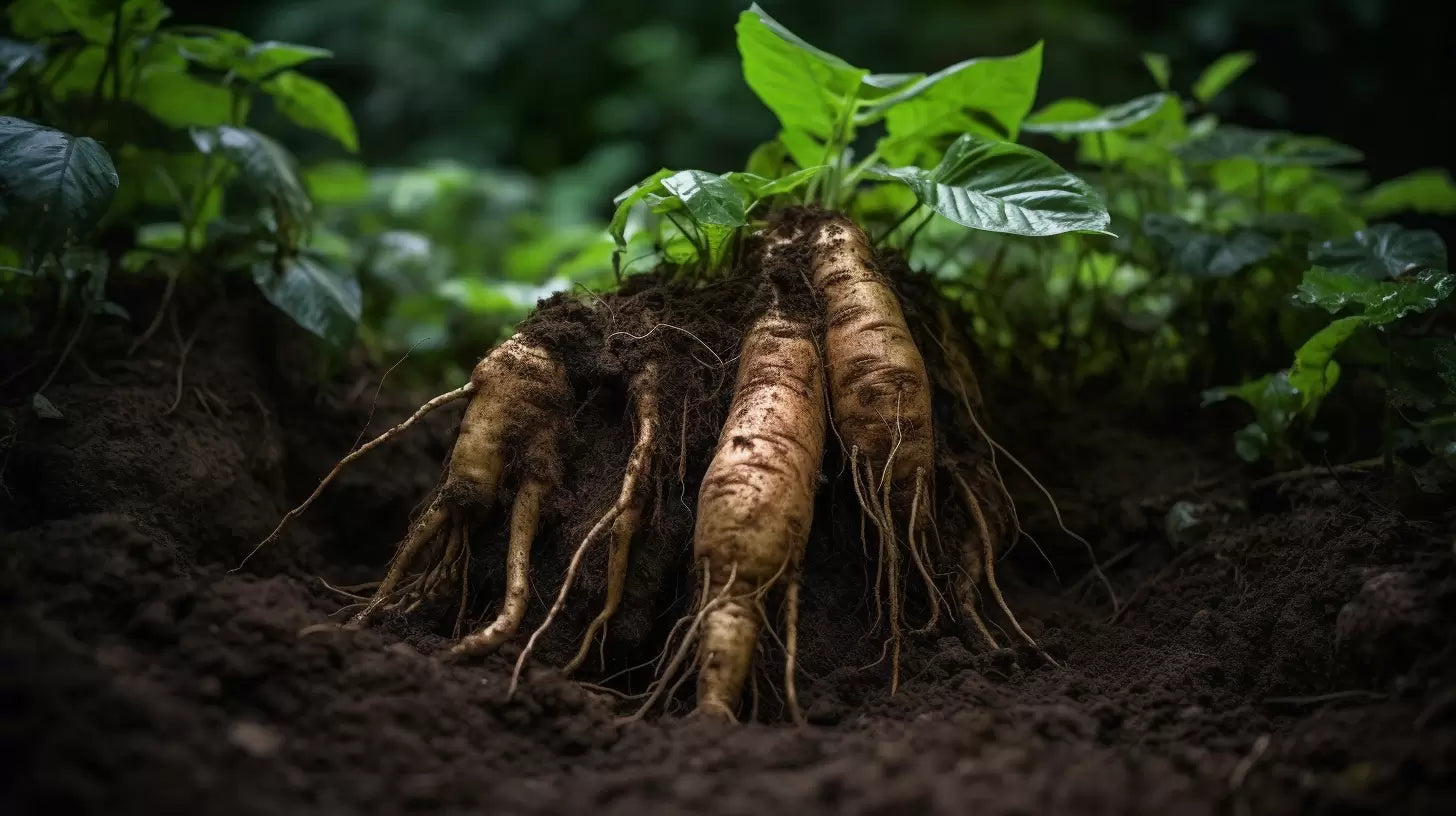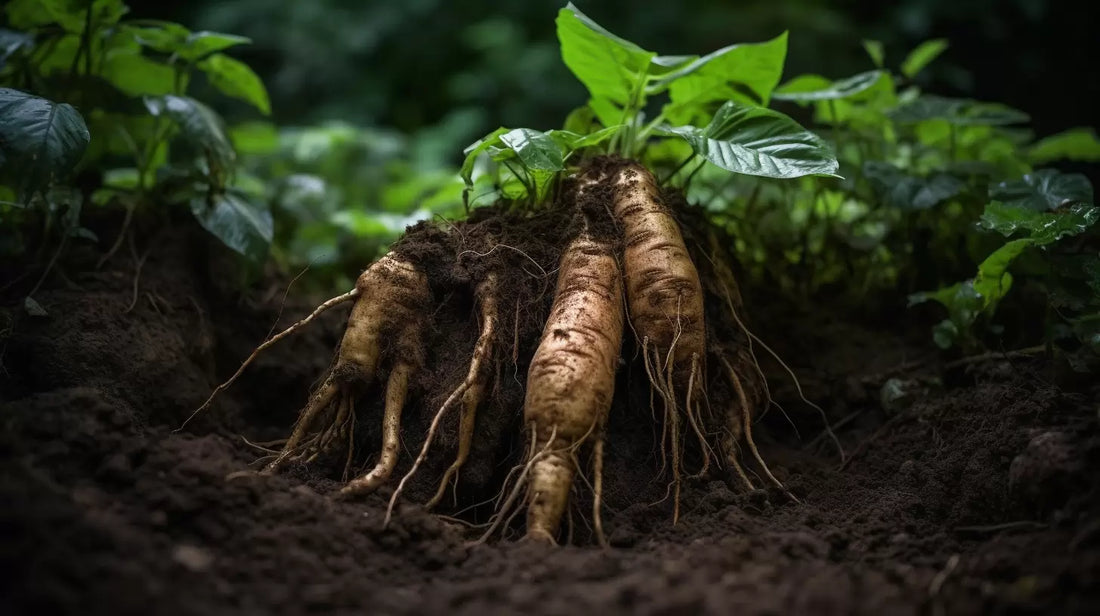The Smallanthus sonchifolius, better known as yacón, is an extraordinary plant that thrives at altitudes of up to 3,500 meters above sea level, being part of the unmatched biological wealth of the Peruvian Andes, this incredible tuber is so strong that it doesn’t require any kind of fertilizers or pesticides.
Similar in appearance to yuca, yacón is consumed fresh or dehydrated, in powder or syrup form, or you can even find it as tea or chips, and it is one of the tubers with the most water (83-90% by weight of the fresh root), while 50-70% of its carbohydrates are made up of fructo-oligo-saccharides.
What are fructooligosaccharides (FOS) and why are they so beneficial for our health? These are natural oligosaccharides classified as a soluble fiber that our body cannot digest or assimilate, but they are useful for the bacteria that live in the intestine as a source of energy, stimulating the growth of beneficial bacteria and preventing the colonization of pathogenic organisms, thus creating a balance in our microbiota and we have already talked in previous articles that when we have a healthy microbiota, all our systems function correctly. Our health depends on the balance of the bacteria that inhabit us.
Recent research has highlighted its potential in the treatment of diabetes, thanks to its hypoglycemic action since FOS helps regulate blood sugar levels and improves insulin resistance. It is recognized in traditional Andean medicine, particularly for its kidney and liver benefits. In addition, yacón has powerful natural antioxidants, such as chlorogenic, ferulic, and caffeic acids, as well as flavonoids, which have been shown to be effective in the prevention and treatment of chronic diseases such as diabetes, obesity, cancer, and hypertension. It is low in calories, has excellent intestinal absorption, and its hypocaloric action suggests it is ideal for preventing obesity.
In a world where oxidative stress is a determining factor in human health, the search for natural solutions becomes increasingly crucial, and the consumption of yacón as a dietary supplement provides us with many benefits to prevent and treat chronic diseases.
How to consume it?
In powder form, you can add it to any drink, or even incorporate it into a recipe for cookies, bread, or a cake. In syrup form, it is perfect to sweeten any hot or cold drink or to add on top of pancakes or waffles.
You can also find its leaves in the form of tea, which you can consume hot or cold. If you are lucky enough to find it fresh, you can peel it and add it to your smoothies or green juices and make an incredible jam with the grated pulp. You can also buy it in the form of dehydrated chips and eat it as a snack at any time of the day.






